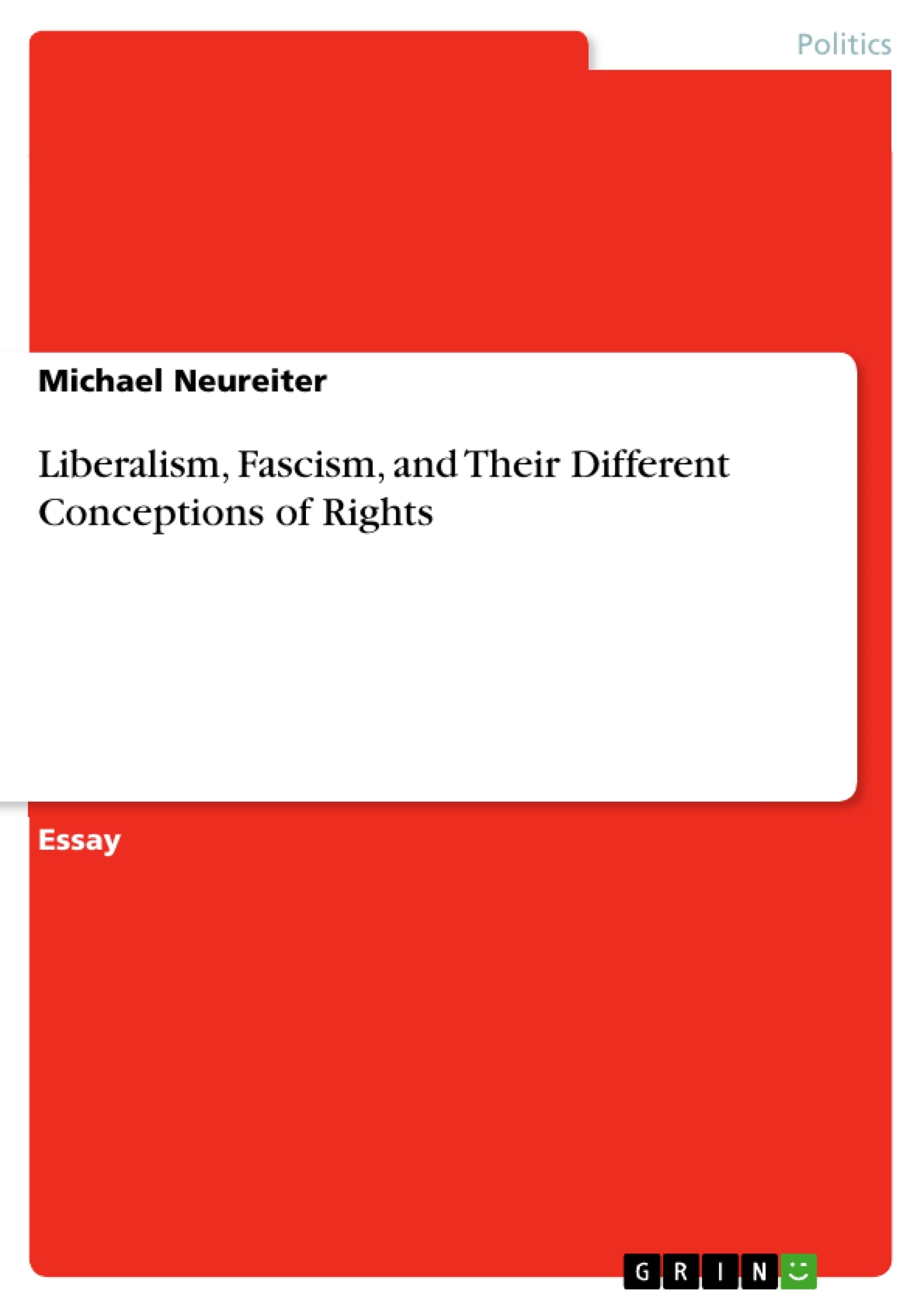Human rights, civil rights, minority rights, animal rights, etc. – rights seem to affect every part of human life, and it appears that everyone is talking about them. Since the writings of ancient Greek philosopher Plato, rights have been an essential topic of philosophical and political as well as public debate. But what exactly are “rights”? One German philosophical encyclopedia, edited by famous scholar Otfried Hoeffe, defines rights as a normative set of rules which organize and regulate social coexistence by defining both what is allowed of people and what is owed to people. In other words: rights allow people to perform certain actions, but also restrict them from performing others, therefore imposing order and structure within human society, as well as reducing complexity. Still, the question remains how such an order created by rights might look like, since there is no universal consensus about the origin, nature, and distribution of rights. Where do these rights derive from? Is every person endowed with equal rights? What is there to do if the rights of one social entity interfere with those of another social entity? It is because of the importance of rights to social life that virtually every political ideology has been dealing with those and other questions, and every single one of them has come up with different answers. Thus, it turns out to be vital to one’s general understanding of rights to assess what different ideologies have to say about this topic. Additionally, one’s ability to judge different ideologies and therefore take (or consolidate) a political stance might be improved if he is aware of how these ideologies conceive of rights. Hence, in this essay I will contrast the different views of liberalism and fascism on political as well as on economic rights. Moreover, I will critically assess the implications of these two ideologies based on their protection of individual rights and come up with a conclusion why I favor the one mode of thinking about rights over the other.
Inhaltsverzeichnis (Table of Contents)
- Liberalism, Fascism, and Their Different Conceptions of Rights
- Liberalism
- The Liberal Conception of Rights
- Implications of the Liberal Conception of Rights
- Classical Liberalism vs. Welfare-State Liberalism
- Fascism
Zielsetzung und Themenschwerpunkte (Objectives and Key Themes)
The paper contrasts the different views of liberalism and fascism on political as well as economic rights. It critically assesses the implications of these two ideologies based on their protection of individual rights and concludes with a preference for one mode of thinking about rights over the other.
- The nature and origin of rights
- The role of the state in protecting individual rights
- The relationship between individual rights and economic freedom
- The distinction between negative and positive rights
- The implications of liberalism and fascism for social and economic equality
Zusammenfassung der Kapitel (Chapter Summaries)
- The paper begins by defining rights as a normative set of rules that regulate social coexistence. It then explores the liberal view of rights, highlighting the importance of individual liberty and the rejection of coercion. It emphasizes John Locke's concept of natural rights, including the rights to life, health, liberty, and property.
- The paper discusses the evolution of liberal thought, including the expansion of individual rights to encompass freedoms of thought, speech, religion, association, and movement. It also examines the liberal emphasis on economic rights, arguing that a self-regulating market based on private property is essential for human progress.
- The paper distinguishes between negative rights (freedom from) and positive rights (freedom for), noting that negative rights are central to liberal ideology, while positive rights play a more minor role. It explores the implications of the liberal conception of rights, including the creation of a limited state, an individualistic society, and economic and social inequality based on merit.
- The paper examines the development of welfare-state liberalism as a response to the perceived shortcomings of classical liberalism. It highlights the role of the state in providing social welfare and regulating the economy. The paper concludes by contrasting liberalism with fascism, arguing that fascism rejects individualism and individual rights in favor of a collectivist worldview centered on the nation and the race.
Schlüsselwörter (Keywords)
The paper explores key concepts such as individual rights, liberalism, fascism, negative rights, positive rights, limited state, individual liberty, economic freedom, private property, welfare-state, and the relationship between rights and social and economic equality.
Frequently Asked Questions
What is the liberal conception of rights?
Liberalism emphasizes individual liberty, natural rights (life, liberty, property), and the protection of citizens from state coercion.
How does fascism view individual rights?
Fascism rejects individualism and individual rights, favoring a collectivist worldview where the needs of the nation or race supersede the individual.
What is the difference between negative and positive rights?
Negative rights are "freedoms from" interference (like speech), while positive rights are "freedoms for" or entitlements to services (like social welfare).
What are "natural rights" according to John Locke?
Locke argued that every person is endowed with inherent rights to life, health, liberty, and possessions that no government should violate.
How does liberalism relate to economic freedom?
Liberalism advocates for private property and a self-regulating market, viewing economic rights as essential for human progress and personal autonomy.
- Quote paper
- Michael Neureiter (Author), 2010, Liberalism, Fascism, and Their Different Conceptions of Rights, Munich, GRIN Verlag, https://www.grin.com/document/168941



